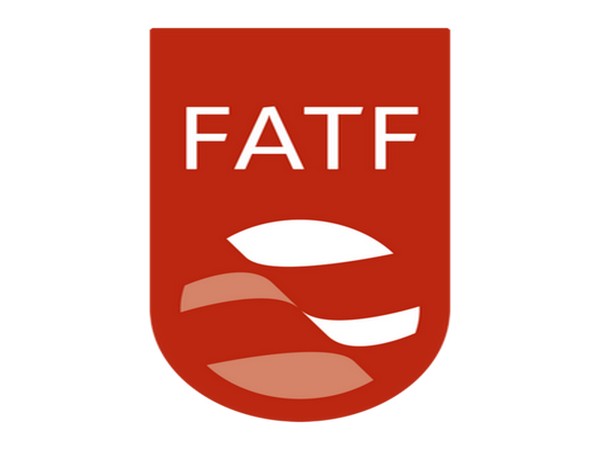By Dan Byrne for AMLi
Gaps remain in certain key areas of China’s fight against money laundering, the Financial Action Task Force has said.
The international financial crime watchdog delivered its verdict in a follow-up to their Mutual Evaluation Report (MER) on China, released in April 2019.
The follow-up exclusively covered the actions China has taken to solve specific “technical compliance deficiencies,” which were originally noted in 2019.
Ranked using a four-tier scale from ‘non-compliant’ to ‘fully compliant’, two of the three deficiency areas received an upgraded rating, but one remained unchanged – concerning the capability of its “de-centralised” FIU network.
This rating stays at ‘partially compliant.’
China’s national financial intelligence work is split between the China Anti-Money Laundering Monitoring and Analysis Centre (CAMLMAC), which specialises in data collection and processing, and the Anti-Money Laundering Bureau (AMLB), which carries out investigations.
The two bodies work in conjunction with 36 provincial branches of the People’s Bank of China (PBC) to complete the overall AML framework.
The FATF criticised this arrangement. They noted that it limited widespread access to important data and produced fragmented analysis, incapable for forming what it called a ‘holistic view,’ of a financial crime investigation.
“China’s FIU does not act as a national centre for the receipt and analysis of STRs (suspicious transaction reports) and other information,” the FATF said.
“In addition, CAMLMAC does not have the power to request from the reporting institutions any additional information as needed to perform its analysis properly.”
Now, China’s rating in this area will not change because FIUs continue to lack the power to request necessary information for thorough analysis, according to the FATF.
In addition, FATF recommended an unconditional application for membership of the Egmont Group – a international network of FIUs for purposes of intelligence sharing – which has not yet been done.
Separately, the follow-up report covered China’s efforts to ensure its online lending sector was subject to AML law, and to strengthen market entry requirements to allow for proper analysis of criminal records.
FATF upgraded this area from ‘partially compliant’ in 2019 to ‘largely compliant’ in 2020, due to ‘significant progress’ made in the interim.
China’s efforts to provide guidance to relevant sectors on their money laundering responsibilities also received the ‘largely compliant’ upgrade, although the FATF noted that providing such guidance to lawyers and notaries had yet to be done.
Chinese authorities are now expected to continue the follow-up process and report back to FATF in October 2021.
Share this on:
Follow us on:








